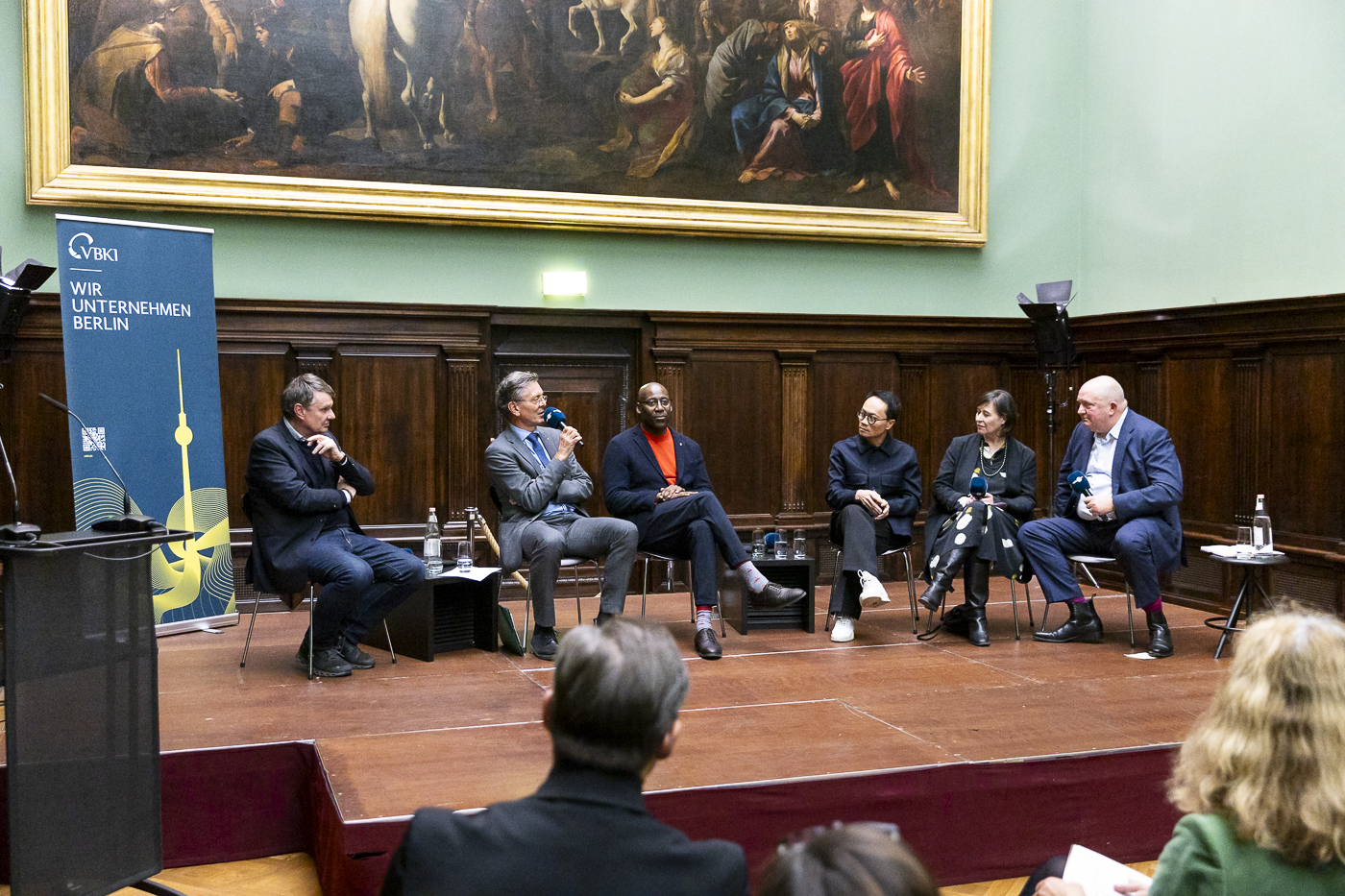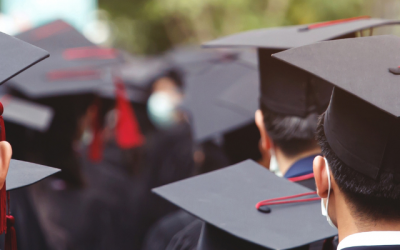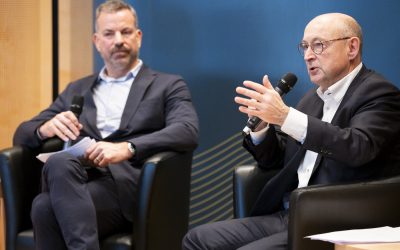Cult or chaos?
Capital City Culture Talk: Berlin's center between restlessness and helplessness
Text: Sebastian Thomas | Head of Communication & Marketing
The genius loci had a finger in the pie: Where better to discuss the shortcomings and prospects of "Berlin-Mitte" as a cultural location than in the richly decorated Gobelin Hall of the Bode Museum in the middle of Museum Island? On Monday evening, an illustrious group gathered in the "bull's eye" of Berlin's cultural hotspot to discuss the VBKI Cultural Committee to take a look at the many concerns that surround the cultural heart of the city in times of tight budgets: The Pergamon Museum is closed for years and decades, and the Komische Oper also needs to be renovated. The completion of the Einheitsdenkmal has been delayed for years and the reconstruction of Schinkel's Bauakademie is in danger of being torn apart in the debate between historical reconstruction and modern interpretation. The area around the Gendarmenmarkt also appears to be empty and depopulated. So what happens next?
Gero Dimter and Prof. Dr. Stephan Frucht shared the roles at the start of the Capital City Culture Talk: While the Vice President of the Prussian Cultural Heritage Foundation, as the "good cop", emphasized the progress made in recent years - referring, for example, to the subway connection and its invigorating effect on the district and its cultural institutions - the Chairman of the VBKI Cultural Committee, as the self-proclaimed "bad cop", put his finger on the many wounds of Berlin's cultural policy. Particularly painful: the lethargy and inertia as a result of a bureaucracy bordering on dysfunctionality. The quintessence of his fiery plea: "We must not allow endless processes to slow down our collective progress." The cultural manager called on people not to delegate responsibility away, but to take action themselves. Berlin must remain a place of longing for artists, creatives and innovators from all over the world.



Speaking of attraction: three out of five visitors come to the Spree because of the cultural offerings. However, a plateau now seems to have been reached and the growth momentum in tourism has recently weakened, Burkhard Kieker calculated at the beginning of the panel discussion moderated by Jörg Thadeusz. The Managing Director of Berlin Tourismus & Kongress GmbH blames this on poor connections, among other things. Take the airport, for example: compared to 2019, 30 percent fewer visitors come to Berlin via this route, and the capital has been cut off from long-haul and increasingly from the low-cost sector. "The city is suffering from an arterial blockage."
Inertia? Lethargy? Dysfunctional city? Looking into the causes, the panel repeatedly turned its attention to the Berlin administration and the slow and protracted planning and approval processes, of which the local cultural sector can also tell more than one story. For example, according to presenter Thadeusz, no one could tell him when the Berlin Zeughaus would reopen after its renovation had been completed. City Development Senator Christian Gaebler, asked about the trials and tribulations surrounding the demolition and new construction of the Jahn-Sportpark, picked up the ball and confirmed that Berlin's construction industry is so over-bureaucratized that delays and cost increases are a logical consequence. According to the Senate representative, the "Faster Construction Act" and a major constitutional reform originating from his own house should provide a remedy and speed up the decision-making processes: "Disputes are fine, but we must not lose sight of the common goal," said Gaebler.
As expected, the elephant in the room was Berlin's cost-cutting efforts, which are also likely to leave their mark on the cultural sector. In the coming year 2025 alone, 3 billion euros will have to be saved, and the various Senate administrations are currently examining how they can meet the strict requirements in their departments. The cultural representatives on stage, including Susanne Moser, co-director and managing director of the Komische Oper Berlin, and architect Anh-Linh Ngo, editor-in-chief of ARCH+ and vice president of the Akademie der Künste Berlin, pointed out the leverage effect of funds that benefit culture: "Every euro that flows into culture generates many times more revenue for the state." Culture Senator Joe Chialo warned against a "sacrificial competition" and emphasized that the funding cuts would be examined with great care. The aim is to get culture through these difficult times without irreparable damage. We are on a "tough but good path".
We would like to thank the sponsors of the series "Hauptstadtkulturgespräch" - namely the Gesellschaft der Freunde der Akademie der Künste e.V. and rbb radio 3.
And a tip: If you couldn't be there live, you can listen to the Capital City Culture Talk on rbb radio3 listen to it again.
Impressions
To the picture gallery: Please click here>
You might also be interested in
More impact, less bureaucracy
VBKI discussion paper: Three proposals for a sustainable university landscape
"We don't have a knowledge problem, we have an implementation problem"
Business Breakfast: Vonovia CEO Rolf Buch as a guest at the VBKI
Experience politics up close
VBKI Young Professionals as guests at Bellevue Palace









